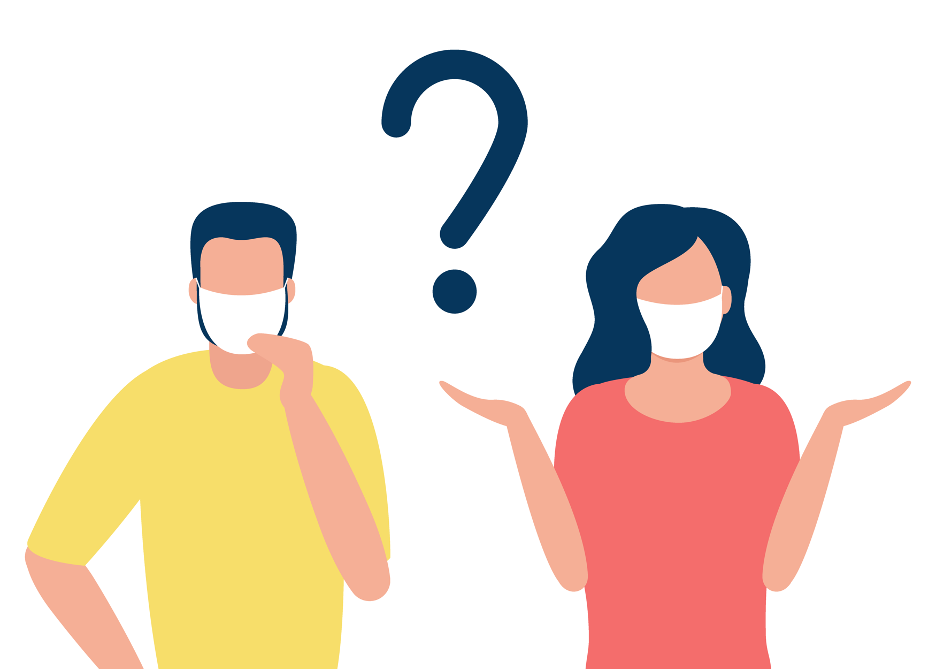The decision to get vaccinated is an important one, and it should be taken seriously. Health experts agree that it’s the most effective way to protect yourself, your family, and your community from dangerous illnesses like influenza, measles and COVID-19.
Today, some people wonder: why should you take the time to get vaccinated if you could still become infected with a disease despite being vaccinated?
Below, we are going to explain why it’s important to get vaccinated even when there is a chance of infection, and we’ll also explain how getting vaccinated can help reduce your chances of becoming severely ill if you do contract a virus or bacteria. We’ll also look at other benefits of getting vaccinated that go beyond just protection against the disease itself.
By the end of this article, readers will better understand the importance of getting vaccinated at a COVID vaccine clinic in Northwest, Indiana – even if there is a chance of infection.
Why Should You Get Vaccinated in the First Place?
The primary purpose of getting vaccinated is to protect yourself, your family, and your community from dangerous illnesses like influenza, measles, COVID-19 and more.
Vaccines help the body build up immunity against a certain virus or bacteria so that it can fight it off more quickly and effectively if you’re ever exposed to it in the future.
Vaccines also work by reducing the severity of symptoms and shortening the recovery time if you do become infected. In the case of COVID-19, it’s particularly important for people who are at high risk of complications due to their age or underlying health conditions to get vaccination at a COVID vaccine clinic in Northwest Indiana.
For example, seniors and people with weakened immune systems may be more likely to suffer serious complications from infections, making them especially vulnerable without a vaccination.
It’s also important to get vaccinated if you are around individuals who are at high risk of complications, such as healthcare workers or those undergoing cancer treatment. By getting vaccinated, you can help protect these vulnerable individuals from infection by reducing their chances of exposure to the virus or bacteria in question.
Other Benefits of Getting Vaccinated
In addition to protecting against disease, there are many other benefits to getting vaccinated that may not be immediately apparent.
One of the most important benefits is herd immunity. Herd immunity occurs when a large percentage of a population is vaccinated, making it much more difficult for infections like COVID-19 to spread throughout the community. It’s especially important for protecting vulnerable populations who may not be able to get vaccinated due to age or health reasons.
Vaccines also help lower healthcare costs. When people get vaccinated, they are less likely to need medical care due to infections, which can result in significant savings for the healthcare system and individuals alike.
Finally, getting vaccinated is an important part of maintaining a healthy lifestyle and helping your body function at its best. Vaccines can help keep you protected from infectious diseases that can cause serious illness and even death, which is why it’s important to stay up to date with your vaccinations throughout your life.
Things to Consider Before Receiving a COVID Vaccine
Before visiting a COVID vaccine clinic in Northwest Indiana, it’s important to consider any potential risks and side effects of receiving the vaccine. Approved vaccines are considered safe, but like any medical treatment, there can be rare side effects or allergies that may occur.
It’s also important to speak with your doctor if you have any underlying health conditions or are taking any medications, as some vaccinations may not be suitable for certain individuals.
Looking for a COVID Vaccine Clinic in Northwest Indiana?
Are you ready to receive a vaccine at a COVID vaccine clinic in Northwest Indiana? If so, you’ve come to the right place – 219 Health Network will be happy to welcome you. We offer FDA-approved vaccines that are administered by experienced healthcare professionals.
If you have any questions or concerns, please do not hesitate to contact us at 833-219-0001.


